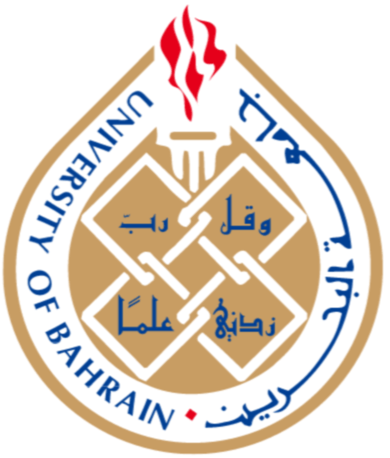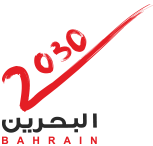NEWS
UoB Architects Review their Designs for Comprehensive Projects in Sustainable Environments

During Panel Discussions of the Graduation Project Course
UoB Architects Review their Designs for Comprehensive Projects in Sustainable Environments
The students of the Department of Architecture at the University of Bahrain (UoB) have recently reviewed comprehensive projects for designs in sustainable urban environments that respond to economic, social, and environmental changes, during panel discussions for their evaluations within the graduation project course.
The stage of discussing graduation projects for about 120 male and female students came as the outcome of two previous stages of work, including preparing a report on the project, then setting clear academic and professional standards, leading to the preparation of project designs.
The Head of the Department of Architecture and Interior Design at the College of Engineering at the University, Dr. Sheikha Haifa bint Ebrahim Al Khalifa, indicated that the students looked through their projects in the sustainable development system to the comprehensive strategy of Bahrain, in accordance with the highest standards of sustainable architectural design, applying theoretical concepts related to their projects and the social and cultural needs of the community they’re to be established in.
Furthermore, Dr. Haifa bint Ebrahim stated that the selection of projects comes amid a comprehensive development process of the Department of Architecture and Interior Design, noting that this was evident in directing students to design comprehensive projects, including feasibility and the economic dimension studies, and examining the impact of project management in greater depth in the field of architectural design.
The topics of the projects varied, as the students presented cultural and tourism projects, such as museums, libraries, tourist reception stations, resorts and hotels, as well as service projects for the educational sector in its various stages such as schools and colleges, and health projects such as specialized health centers and hospitals, in addition to other projects serving the business sector, technology, commercial projects and others.
The Head of the Department of Architecture and Interior Design expressed her pride for the students’ distinguished level and successful handling of the projects within the previously presented data, in addition to overcoming exceptional circumstances in a contemporary way that won the approval of the examiners from inside and outside the University.
The students applied the concept of “sustainability” based on the scientific methods used in projects, as well as the concept of “flexibility” in designing projects to counter the impact of the Corona pandemic and prepare for what comes afterwards, when life returns to its normal course.
Also, Dr. Haifa bint Ebrahim Al Khalifa explained that the Department encouraged students to participate in international, regional and local scientific conferences, in addition to holding events and seminars that allowed students to participate in discussion and dialogue with world experts to raise the technical level of students, which enabled some of them to publish their projects in international and local journals.
On her part, Dr. Huda Al-Madhoob, the Architecture Program Coordinator in the Department, indicated that the projects took into account the privacy of society in general and the individuals targeted by the project in particular, especially people with disabilities and people with special needs.
Dr. Al-Madhoob pointed out that some ideas were distinguished by originality, such as a quarantine center, a museum for infectious diseases, and model schools and colleges that adopt education standards in the twenty-first century, in addition to service, investment and residential buildings, noting the close relationship of students’ projects to contemporary architectural issues such as the Covid-19 pandemic and environment friendly architectural solutions, as the professors supervising these projects were keen to implement them within the optimal investment to conserve resources in the Kingdom.
The students’ projects were supervised by ten professors from the Department of Architecture and Interior Design, while a group of academics and professionals practicing architecture from inside and outside the Kingdom of Bahrain participated in the evaluation to discuss the proposed projects and evaluate the students’ work.
Also, Dr. Huda Al-Madhoob indicated that the Department benefited from the remote education system, as projects were discussed through distance learning platforms such as the “Blackboard Ultra” and “Microsoft Teams” applications.
The platform allowed inviting architects and consultants in the field of urbanism, as the list included cadres from several countries, including: Bahrain, Saudi Arabia, Tunisia, Jordan, America, Egypt, Lebanon, and the United Kingdom. This diversity provided a fertile environment for creativity and knowledge enrichment for students.
Moreover, the University’s educational platforms provided the possibility for a large number of students from various academic years at the Department to attend and benefit from the discussion, while the participation of urban professionals in the Kingdom contributed to creating another dimension of trust and credibility in future architects.













